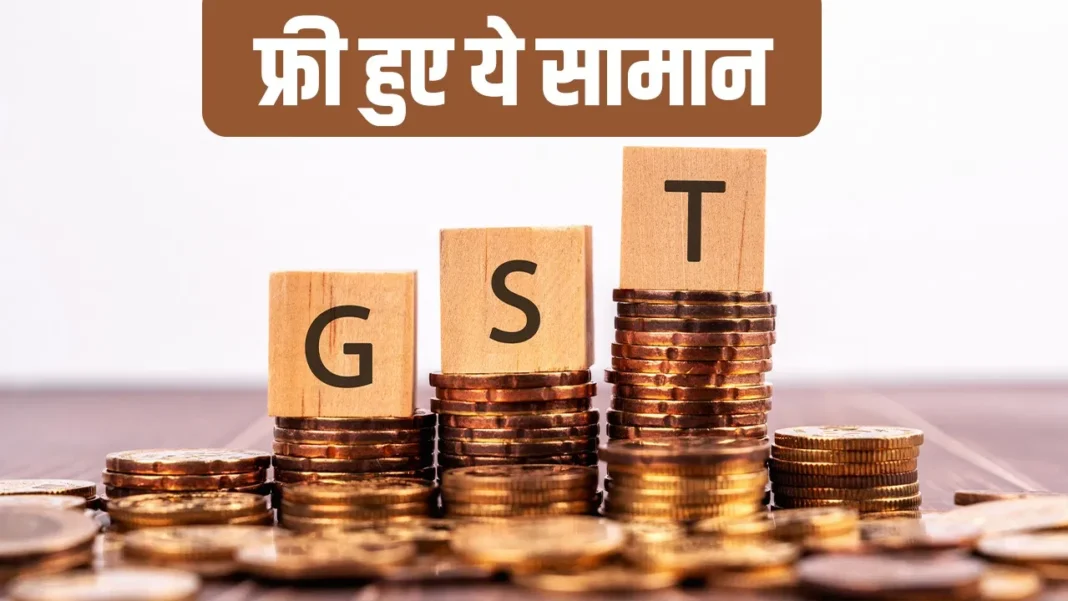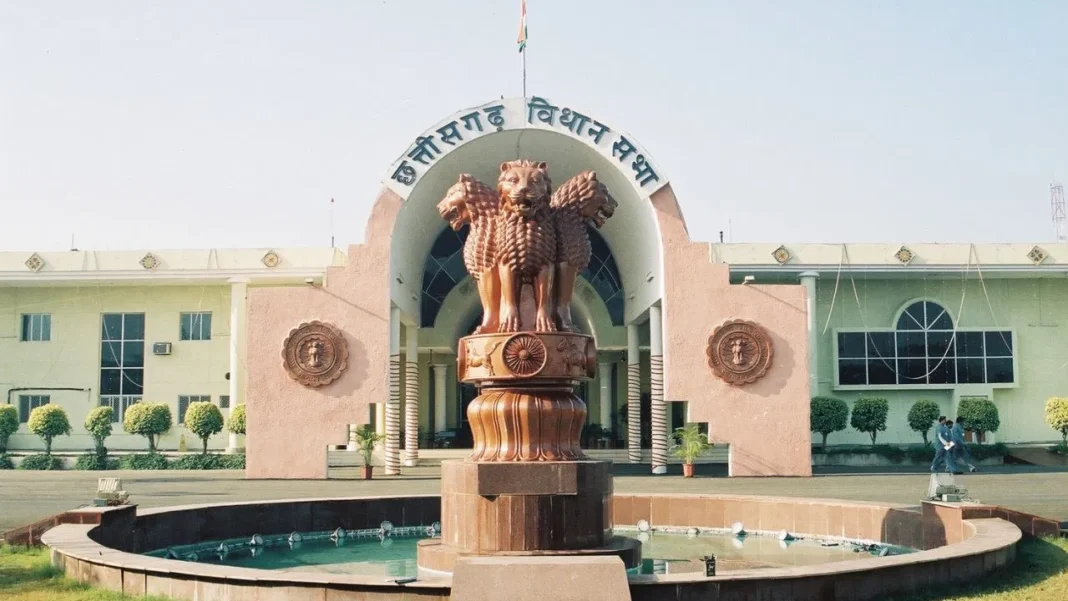Finance Minister Nirmala Sitharaman unveils GST reform at the 56th GST Council meeting, exempting 60+ essential items as a Diwali gift. Explore tax-free items and economic impacts.
Major GST Overhaul Announced
Finance Minister Nirmala Sitharaman actively revealed sweeping changes during the 56th GST Council meeting. Moreover, she streamlined the tax slabs from four to just two, therefore simplifying the system for everyone. Notably, the new structure includes a merit rate of 5% and a standard rate of 18%, while luxury and sin goods retain a 40% demerit rate. Meanwhile, Prime Minister Narendra Modi previously hinted at this reform in his Independence Day speech, and now experts hail it as a timely Diwali gift to the nation.
Furthermore, this GST reform directly targets household budgets ahead of Navratri and Diwali festivities. Therefore, consumers can expect significant savings on daily essentials. However, the highlight remains the exemption of over 60 items from GST, effective from September 22, 2025.
Tax-Free Essentials for Everyday Life
Daily Household Items
The government actively exempted several daily essentials from GST. For instance, UHT milk now falls under the zero-tax category, therefore reducing costs for families. Additionally, pizza bread, chapati, paratha, and all Indian flatbreads join this list, moreover making meal preparations more affordable. Notably, school supplies like erasers, pencils (including mechanical ones), sharpeners, crayons, pastels, and tailor’s chalk also become tax-free. Furthermore, notebooks, graph books, maps, and globes receive the same benefit, thus supporting education without extra burden.

Healthcare and Medicines
Nirmala Sitharaman specifically focused on healthcare relief in this GST reform. Therefore, 33 general medicines now attract zero GST, moreover easing access for common ailments. Additionally, three life-saving drugs for cancer, rare diseases, and chronic conditions join the tax-free items list. However, this move not only lowers medical expenses but also improves overall public health.
Textile and Yarn Materials
The reform actively includes textile materials in its exemptions. For example, gimped yarn, chenille yarn, loop wale yarn, and similar items now carry zero GST. Therefore, this change benefits the textile industry and consumers alike. Moreover, small businesses in this sector will find compliance simpler, thus boosting production.
Boost for the Insurance Sector
In a significant step, the GST Council actively exempted all personal life insurance policies from tax. Notably, this covers term, ULIP, and endowment plans, therefore encouraging more Indians to secure their futures. Furthermore, individual health insurance policies, including family floaters and senior citizen plans, also become GST-free. However, this insurance sector boost aims to expand coverage nationwide.
Economic Impacts and Future Outlook
Experts actively predict that this GST reform will reduce the cost of living dramatically. Therefore, households in semi-urban and rural areas stand to gain the most. Moreover, the changes stimulate consumer demand, notably ahead of the festive season. Meanwhile, simplified compliance helps small businesses thrive, thus strengthening economic recovery.
Sampadak Express sources confirm these details as exclusive insights from the 56th GST Council meeting. However, stay informed as more analyses emerge.What do you think about this Diwali gift from the government? Share your thoughts in the comments below, follow us for real-time updates on GST reform and tax-free items, or share this article with friends to spread the word!





